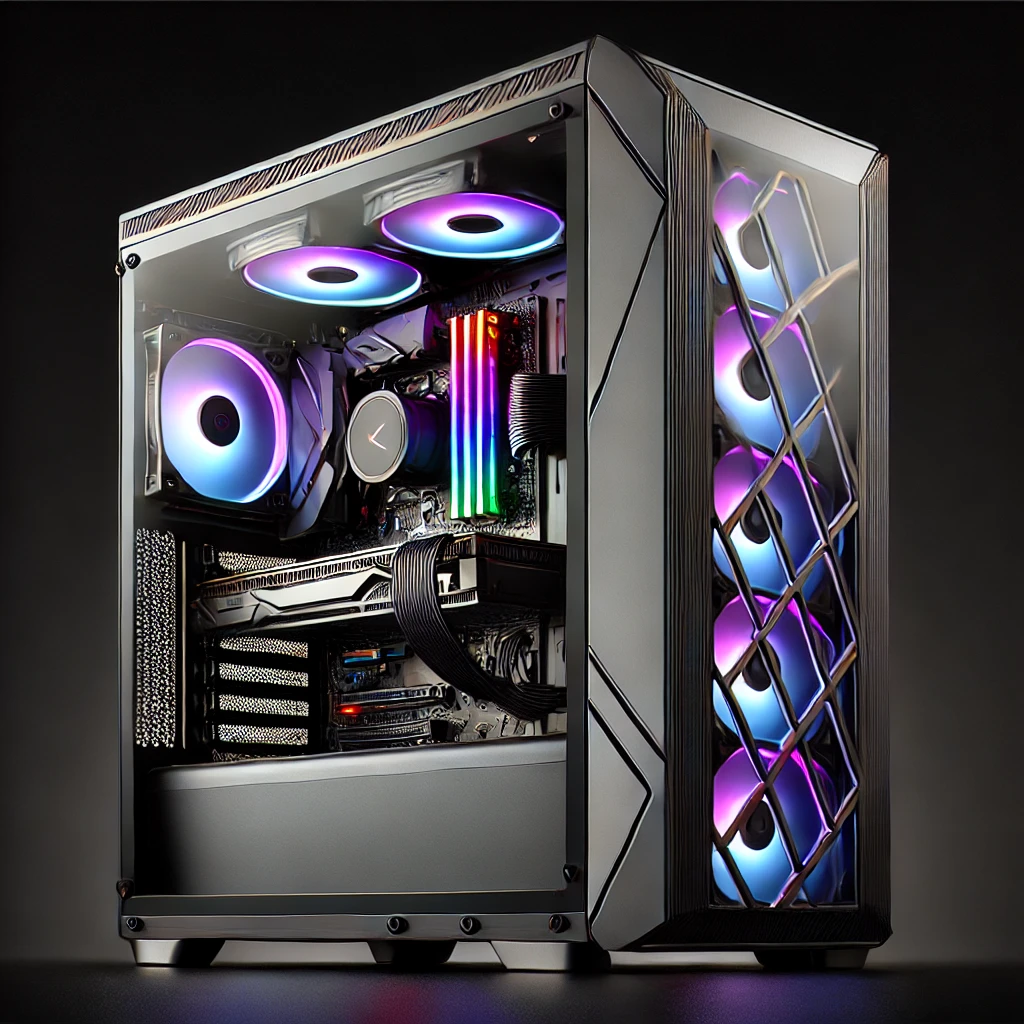Your cart is currently empty!
In the age of rapid technological advancement, it’s not uncommon to find ourselves torn between the allure of the latest smartphones and the steadfast reliability of desktop computers. Both have evolved tremendously, offering features and functionalities that can be game-changers in both personal and professional settings. Today, let’s delve into the world of desktops and smartphones, weighing their pros and cons to determine which might be the right fit for your tech needs.Desktops vs. Smartphones while the answer is easy it is becoming harder to decide than it was last year ,

Desktops: The Powerhouse of Performance
Desktop computers have long been the go-to choice for serious computing power. Here’s why they still hold a significant place in the tech world:
- Unmatched Performance: Desktops are known for their superior processing power. Whether it’s for gaming, graphic design, or video editing, desktops can handle complex tasks with ease, thanks to their robust processors and higher capacity for RAM.
- Upgradeability: One of the biggest advantages of desktops is their flexibility in upgrades. You can easily swap out components like the graphics card, RAM, and even the processor to keep up with the latest technology.
- Ergonomics and Comfort: With a desktop, you have the liberty to choose your keyboard, mouse, and monitor. This customizability ensures ergonomic comfort, especially important for those who spend long hours at their computer.
- Cost-Effectiveness: Generally, desktops offer more bang for your buck. You can build a high-performance desktop for a fraction of the cost of a high-end smartphone.
However, desktops are not without their drawbacks. Their size and lack of portability can be a downside for those on the go. Moreover, they require a dedicated space and are dependent on a constant power source.
Smartphones: Convenience in Your Pocket
Smartphones have revolutionized the way we communicate and access information. Here’s why they are an indispensable part of modern life:
- Portability: The biggest advantage of a smartphone is its size. It fits in your pocket and can be used on the go, making it ideal for staying connected anywhere, anytime.
- Versatility: Today’s smartphones are more than just communication devices. They serve as cameras, GPS devices, gaming consoles, and even as a gateway to control smart home devices.
- Instant Connectivity: With smartphones, you’re always just a few taps away from connecting with friends, family, or coworkers, be it through calls, texts, or social media.
- Innovative Features: Smartphones are constantly evolving, offering features like face recognition, high-quality cameras, and voice assistants.
However, smartphones also have limitations. Their small screen size can be a drawback for tasks like editing documents or watching movies. Additionally, their performance, while impressive for their size, can’t match that of a desktop.
Making the Right Choice
Choosing between a desktop and a smartphone depends largely on your needs. If your work involves heavy-duty computing or you’re a gaming enthusiast, a desktop might be the way to go. On the other hand, if you prioritize connectivity, portability, and convenience, a smartphone is your best bet.
In the end, it’s not about which device is better; it’s about which device better suits your lifestyle and needs. Many find a combination of both to be the ideal solution, using desktops for intensive tasks and relying on smartphones for on-the-go communication and entertainment.
As we continue to explore the dynamic world of technology, stay tuned for our upcoming blog post: “Optimizing Your Home Office: Choosing the Right Tech Tools”. This guide will help you create an efficient and comfortable workspace, whether you’re a freelancer, a remote worker, or simply looking to enhance your home office tech setup.
Discover more from LithGeek Custom Gaming Computers
Subscribe to get the latest posts sent to your email.
by
Tags:


